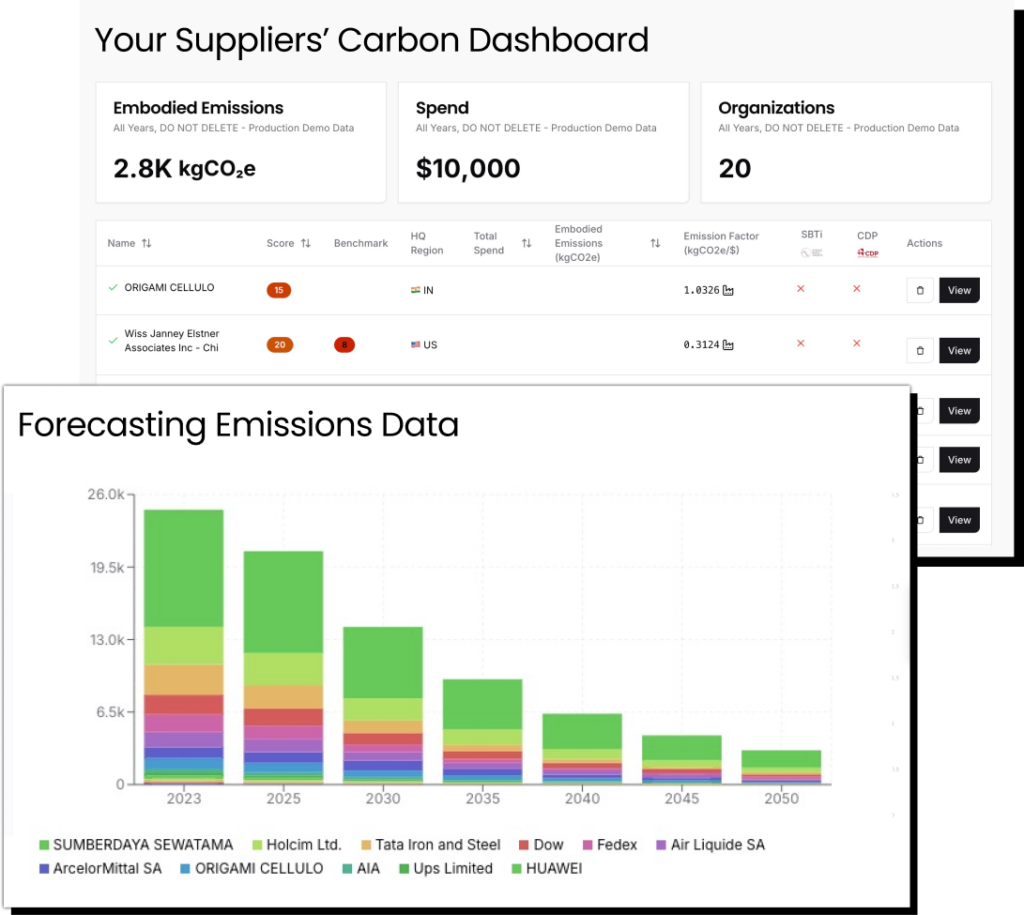Published on March 18th, 2024, the Carbon Reduction Schedule outlines specific ways that agencies and departments should be cutting their carbon emissions. Having one of the most ambitious carbon goals globally, the UK government is committed to achieving net zero by 2050.
Alongside the schedule, the government released a Procurement Policy Note which encourages corporations to reduce carbon emissions specifically stemming from use of tech. This is the first time emissions emanating from the technology sector have been explicitly stated and these regulations have the potential to affect numerous aspects of the industry.
Emissions from producing hardware
There are a few regulations that corporations should take special note of, including the need to comply with the EU Data Centres Code of Conduct. This set of regulations inform data centers how to cost-effectively reduce emissions without undermining the operations of data centers.
Suppliers are even expected to measure, report and reduce their energy consumption by following the ISO 50001 standard. This provides a way to reduce energy use through an energy management system. Companies are also encouraged to work towards getting their products Energy Star certified. To obtain a global-recognized Energy Star certification for a product, it must be reviewed by an EPA-recognized lab and the results set to Energy Start to be approved.
In addition, suppliers should also comply with the published UK Government Buying Standards when purchasing hardware components of their products. This mandates that companies meet minimum regulations based on sector that can include packaging requirements, use of products, and even staff training.
Cloud systems
The Schedule states that all companies should disclose the annual energy return to the public authority and all data centers used to run cloud computing software should comply with the EU Data Centres Code of Conduct as well.
In conclusion, this new carbon reduction scheme posed new important questions regarding supply chain emissions and companies will need to address them in the near future.
